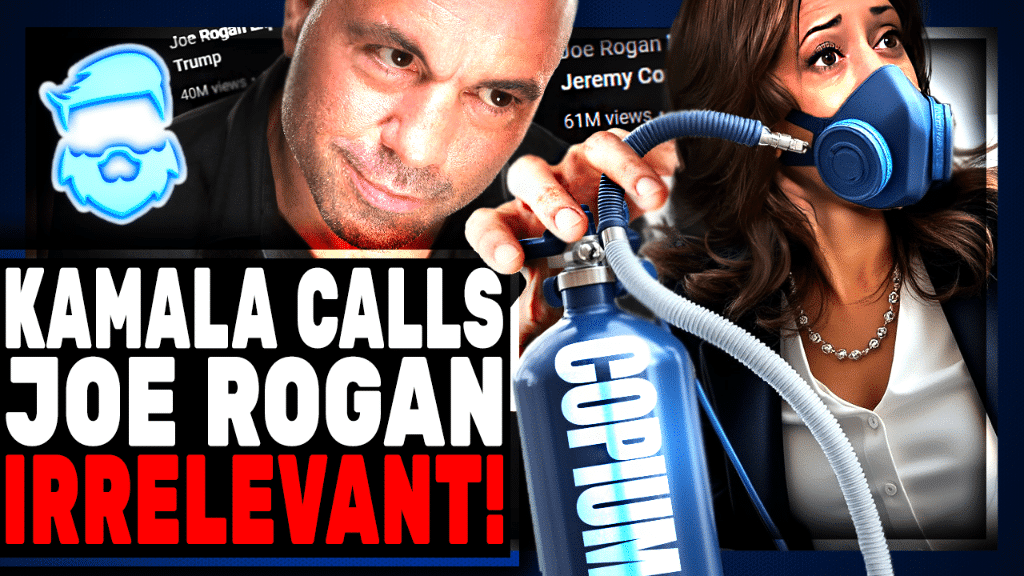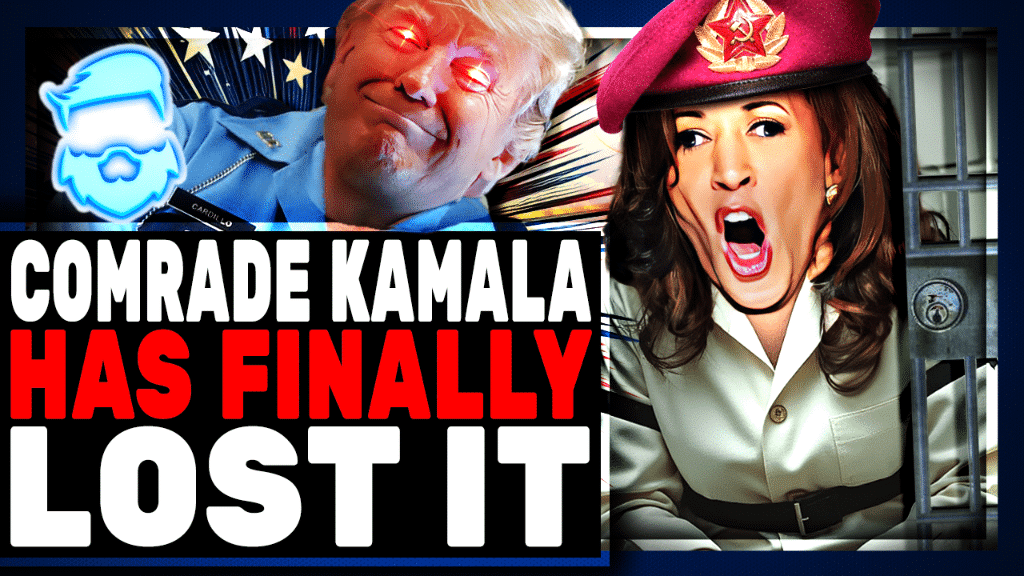Conservatives on Twitter have greeted Elon Musk as a liberator. The mega-billionaire is in the process of purchasing the social-media platform and reorienting it toward what he calls “free speech.” The conservative columnist Ben Shapiro celebrated the news of the new free-speech era by insisting that Musk engage in politically motivated mass firings of Twitter workers based on their perceived political leanings.
For those who are not terminally online, a little explanation is in order. Compared to the big social media giants, Twitter is a relatively small but influential social network because it is used by many people who are relatively important to political discourse. Although the moderation policies of a private company don’t implicate traditional questions of free speech—that is, state restriction of speech—Twitter’s policies have played a prominent role in arguments about “free speech” online, that is, how platforms decide what they want to host.
When people talk about free speech in this more colloquial context, what they mean is that certain entities may be so powerful that their coercive potential mimics or approaches that of the state. The problem is that when private actors are involved, there’s no clear line between one person’s free speech and another’s: A private platform can also decide not to host you if it wants, and that is also an exercise of speech. Right-wing demands for a political purge of Twitter employees indicate just how sincerely conservatives take this secondary understanding as a matter of principle rather than rhetoric.
The fight over Twitter’s future is not really about free speech, but the political agenda the platform may end up serving. As Americans are more and more reliant on a shrinking number of wealthy individuals and companies for services, conservatives believe having a sympathetic billionaire acquire Twitter means one less large or influential corporation the Republican Party needs to strongarm into serving its purposes. Whatever Musk ends up doing, this possibility is what the right is actually celebrating. “Free speech” is a disingenuous attempt to frame what is ultimately a political conflict over Twitter’s usage as a neutral question about civil liberties, but the outcome conservatives are hoping for is one in which conservative speech on the platform is favored and liberal speech disfavored.
Conservatives maintain they have been subject to “censorship” by social-media companies for years, either by the imposition of terms of service they complain are unfairly punitive to the right or by bans imposed on particular users. There is ample evidence though, that social-media networks consistently exempt conservative outlets from their own rules to avoid political backlash, a fear seldom displayed when it comes to throttling left-wing content. And despite the right-wing perception of liberal bias on Twitter, an internal audit found that the site’s algorithms “amplify right-leaning political content more than left-leaning content.” The evidence suggests that for all their outrage, conservatives consistently receive preferential treatment from social-media platforms, but are so cavalier about disregarding the terms of service that sometimes they get banned anyway.
Nevertheless, it shouldn’t be surprising that many conservatives still complain that they are being censored even as these platforms’ algorithms continue to favor right-wing content. Indeed, the success of these complaints explains their persistence—if conservatives stopped complaining, the favorable treatment might cease. Musk is a sympathetic audience, even if that does not necessarily determine the direction Twitter will take under his ownership.
Liberal users on Twitter have greeted the news of Musk’s pending acquisition of the platform with everything from indifference to despair, while conservative reactions run the gamut from optimistic to worshipful, with some right-wing praise of Musk echoing the unending North Korean style flattery of the Trump years. For his part, Musk has said his priority is “freedom of speech,” a framing that some mainstream media outlets have credulously repeated.Musk’s subsequent tweets, stating that Twitter should ban only “illegal” content and that “If people want less free speech, they will ask government to pass laws to that effect,” suggest that he has not thought all that much about the issue. The state broadly banning certain forms of expression is a much greater infringement on free speech than the moderation policies on a private platform, which anyone can choose not to use.

















